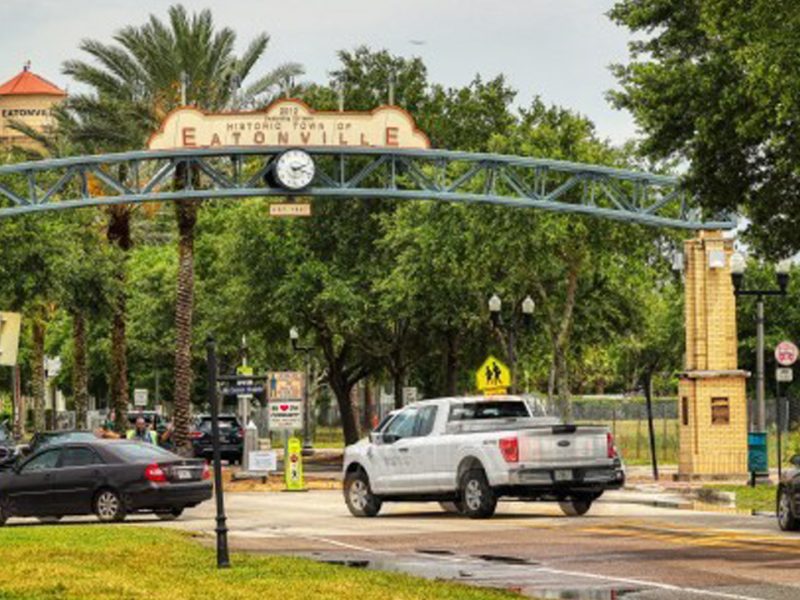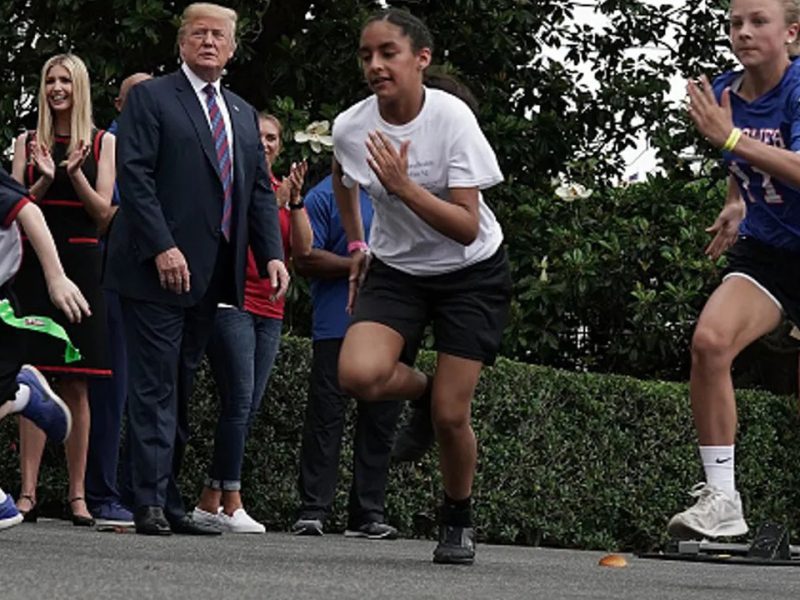Gov. Ron DeSantis promotes new Florida civics education program offering teachers $3,000 bonuses
USA TODAY | By John Kennedy – Capital Bureau | July 13, 2021
TALLAHASSEE – Civics education in Florida schools continued Tuesday on a bumpy course under Gov. Ron DeSantis, who touted a new, $3,000 bonus program for teachers after vetoing civics literacy legislation just last month.
DeSantis struck down the civics literacy measure only weeks after the state’s Board of Education complied with his demand and banned the teaching of so-called critical race theory in Florida’s K-12 schools.
Critical race theory, which explores the impact of slavery and racial injustice on society, is not directly taught in Florida schools. Talk of the concept, though, has enflamed conservative TV and the governor was quick to respond.
But at an Orlando charter school Tuesday, DeSantis promoted the need for improved civics education – and highlighted a $3,000 bonus program for teachers who complete training for a program called the “Florida civic seal of excellence.”
DeSantis decried the knowledge skills of many young people, who in surveys struggle to correctly respond to questions about the nation’s three branches of government, constitutional matters and history.
DeSantis said the understanding of many students was “pretty doggone dismal.” He added: “We’ve got to do better as a society.”
“Everyone is going to be called upon to exercise the duties of citizenship,” DeSantis said. “Of all the things you’re doing (as a student), this is something you can take with you for the rest of your life.”
DeSantis said the state will pour $106 million into improving civics education – the biggest share, $65 million, being for the teacher bonus program. The money is from the federal CARES Act, approved last year to help states deal with the economic ravages of Covid-19.
The remainder of the civics dollars will go toward developing curriculum, professional development, classroom support and new partnerships between high schools and government institutions, where students could gain first-hand experience.
DeSantis said he wants the civics program up and running in the coming school year.
“We want to move forward very quickly, obviously, we want to do it well,” he said, adding: “we want credentials issued during this school year; we want bonuses received during this school year.”
Just as DeSantis’ push for banning critical race theory was influenced by conservative media, the governor’s veto of civics literacy education also found its roots there.
The measure was unanimously approved by the Florida Legislature and would have developed a high school program for students to “evaluate the roles, rights and responsibilities of United States’ citizens and… methods of active participation in society, government and the political system.”
But the conservative National Review publication warned the program could bring “action civics” to Florida schools. Another organization, the Heritage Foundation, argued that action civics can prompt students to attend protests rather than study history.
In vetoing the legislation, DeSantis said it “seeks to further ‘action civics’ but does so in a way that risks promoting the preferred orthodoxy of two particular institutions.” Two institutions mentioned in the bill (SB 146) are the University of South Florida campus in St. Petersburg and a nonprofit YMCA.
A sponsor of the civics literacy bill was Sen. Jeff Brandes, a St. Petersburg Republican, who was the lone Senate Republican to vote against DeSantis priorities in the Legislature. Brandes broke with the governor on his sought-after bill cracking down on protesters at demonstrations that turn violent, new limits on voting and first-in-the-nation regulations on social media platforms.
The social media law has been blocked by a federal court, which questioned its constitutionality, and the other two measures are the subjects of lawsuits brought by voter groups and civil rights organization which claim they violate constitutional protections.





